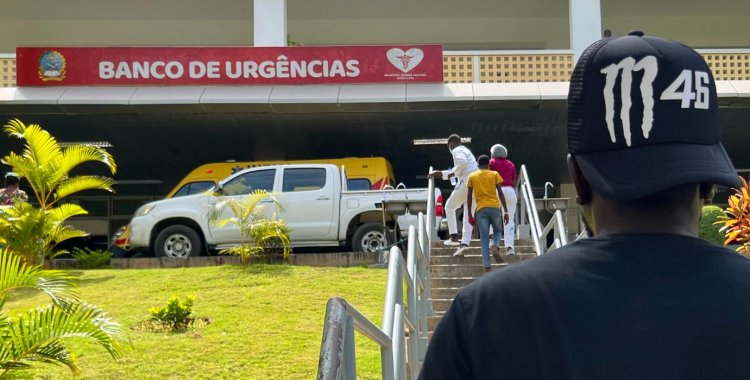"We have been observing that, in the last five months, the Government of Angola stopped financing public hospitals, or rather, during that period there is no funding in public hospitals to such an extent that we are observing certain services reduced", said Adriano Manuel to Lusa.
According to the doctor, many hospital institutions in the country have laboratories operating at reduced capacity due to a lack of reagents, examination means, even to carry out a blood count and biochemistry tests, a situation made worse by the lack of medicines.
With the "exiguity" of funding for institutions, "there is a reduction in medicines and diagnostic means" with a consequent reduction in the quality of medicine, he stressed.
He regretted that some institutions at the secondary system level are only, at this time, carrying out research on plasmodium (the parasite that causes malaria) "because there are no reagents", a situation which, he highlighted, negatively influences the diagnosis of certain pathologies.
"And so we are having a high mortality rate in our hospitals", pointed out the pediatrician.
For the president of SINMEA, the current "precariousness" of the health system in the country is the result of the huge investments that the Government makes in the secondary and tertiary system, to the detriment of prevention at the primary level.
"The Government does not have the capacity to maintain these hospitals [secondary and tertiary], if we take into account the material and human resources that are required to keep these institutions functional", he noted.
Adriano Manuel also said that there are tertiary hospitals in the country with monthly expenses that vary between 10 and 12 million dollars in maintenance alone, amounts that, he emphasized, could be allocated to the primary system.
He recalled that malaria, respiratory diseases, malnutrition and tuberculosis are the main causes of deaths in the country and these could be avoided if they were better addressed in terms of primary health care.
He also considered that the main challenges of access to healthcare in Angola remain the same as years ago, namely the lack of organization of the healthcare system: "Until we organize the healthcare system we will continue to have serious problems".
"There is a need for strong investment in the primary system and this is now a song of the union, which is the primary health system, until we improve the primary health system we will certainly not improve the health system in the country", he noted.
The union leader also commented on the problem faced by patients' families who, year after year, persist in spending the day and spending the night in front of public hospitals, explaining that this is due to "lack".
"This happens because, often, hospital institutions do not have medicines and family members are left waiting for a prescription to buy medicines outside and even a blood donation, which continues to be a shortage in hospital units", concluded the manager.







